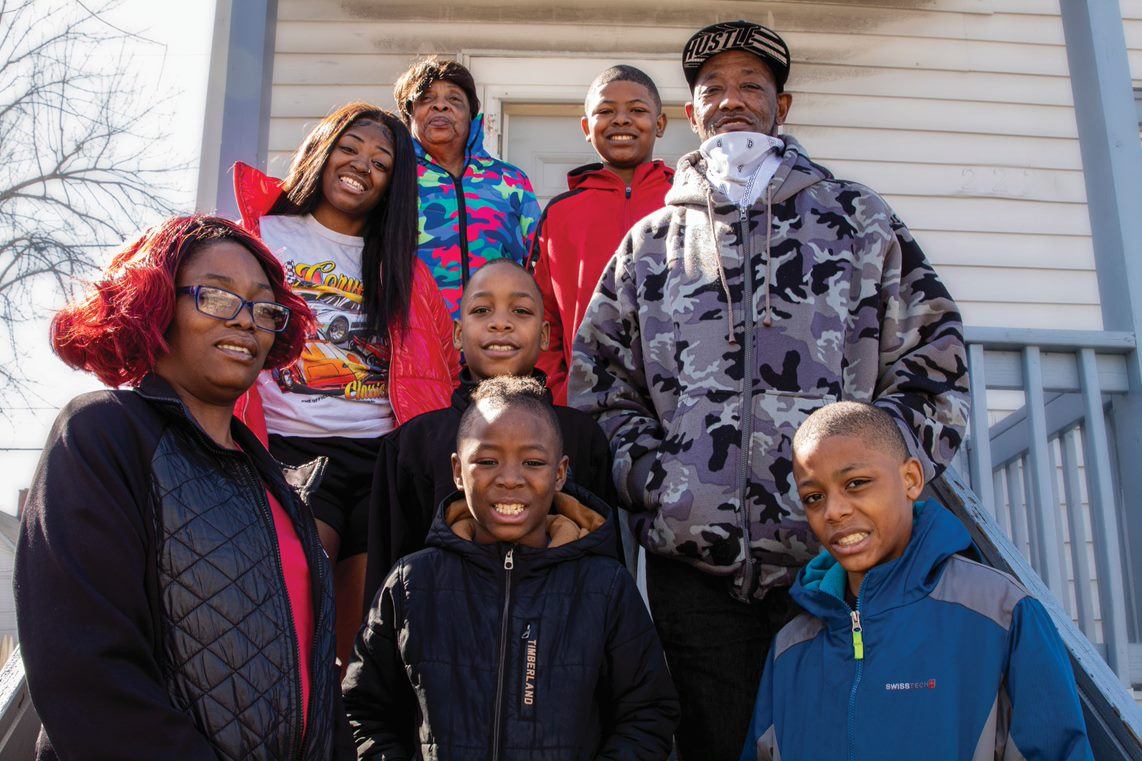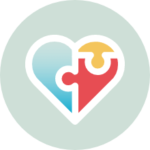A Framework for Helping Children and Families Thrive
Unresolved trauma leads to a host of challenges for children, adults and families, the most concerning of which could be the instability it causes in key areas of life. What adversity tears down, however, our trauma-informed staff can assist in building back up.

The Five Pillars of Stability is a framework to describe what it takes for an individual to reach their fullest potential – and sadly, the opposite is also true. When needs are unmet in any of these five areas, it’s impossible to truly thrive.
Too often, we see people in a cycle of instability; one struggle leads to another, and then the next.
When nearly 90% of families involved in the child welfare system have experienced homelessness or housing instability in the past year, it’s no surprise that “neglect” becomes the number one reason cited for a child to be removed from his or her parents.
Not only does this result in relationship instability, involvement in the system can mean more missed time from work to attend meetings and court hearings, which in turn, results in additional economic instability.
It’s Time to Build a Better Cycle
The following five pillars have been shown to support individual and family stability and prevent or reduce the need for deep-end interventions. When we are strong in these areas, we are able to work on restoring connections to our families, friends and the broader community.

Employment/Economic Stability: We believe this pillar is strongest when all workers (employed, unemployed, or underemployed) have transit connections to jobs and other resources. Within this pillar, those we work with can develop job skills and get practical help like resume writing and practice interviewing. We also believe people unable to work deserve income and benefits that allow them to meet their basic needs.
ISSUE BRIEF: LIVING INCOME (PDF, 237KB)

Education: Whether finishing high school, obtaining a GED or pursuing on-the-job training or a post-secondary education, getting an education is one of the most important steps a person can take toward his or her best outcomes. We encourage children and adults to make education a priority, and work with educators all the way from early education through grade 12 to implement trauma-sensitive practices that build social and emotional well-being alongside building academic knowledge.
ISSUE BRIEF: EARLY CHILDHOOD EDUCATION (PDF, 195KB)

Housing: A safe place to call home is integral to feeling stable. Our work includes expanding affordable housing, increasing landlord accountability, preventing evictions and ensuring safe drinking water, working appliances and sound structures.
ISSUE BRIEF: AFFORDABLE HOUSING (PDF, 196KB)

Health: Both the accessibility and quality of healthcare are important to sound physical, mental and behavioral health. We work to expand access to health insurance, as well as affordable and comprehensive care for mind and body. Key to this pillar’s strength is support and care for new parents and infants, as well as health education and trauma-reduction programs.
ISSUE BRIEF: MENTAL HEALTH CARE (PDF, 176KB)

Caring Connections: At its core, this pillar is about actively seeking strong relationships to help create success in life – and to be there when things don’t go as planned. We help guide the construction of this pillar and are often honored to be counted among those caring connections. Whether partnering with other organizations for the collective good of those we serve or treating like-kin caregivers with equitable resources as other foster care providers, we work to improve access to healing.
ISSUE BRIEF: KINSHIP CARE (PDF, 183KB)
Wellpoint Care Network is committed to advocating for systems and policies that address the root causes of adversity and make it possible for all families to thrive. Learn more about our Advocacy Guiding Principles.
